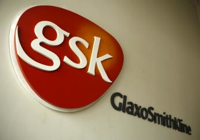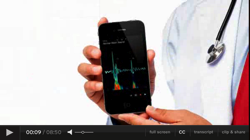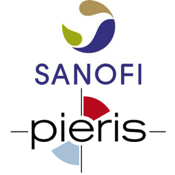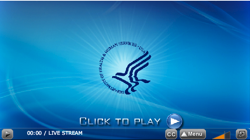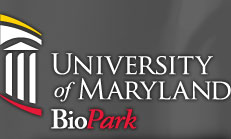
The University of Maryland (UM) BioPark announced today that the Global Virus Network (GVN) is the Park’s newest tenant. The GVN is a non-profit organization comprised of the top medical virologist in more than 30 institutions spanning 21 nations – and growing. GVN’s mission is to combat emerging pandemic viral threats and current viral killers through international collaborative research, training the next generation of medical virologist, education and advocacy.
Said Jim Hughes, President, Research Park Corporation, University of Maryland Baltimore, “It’s exciting for the UM BioPark to include the prestigious Global Virus Network as one of our tenants. We are also pleased to be able to offer GVN continued close proximity to its Scientific Director, Co-Founder, and world-renowned virus researcher Dr. Robert Gallo from the UM School of Medicine, whose Institute of Human Virology is located conveniently just down the street from the GVN’s new BioPark headquarters.”
